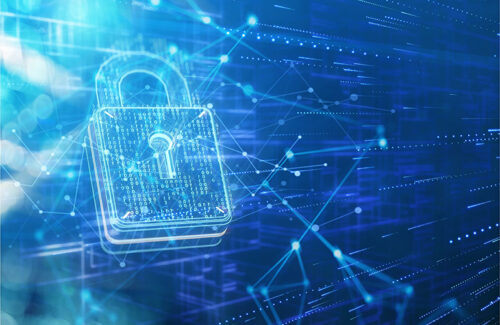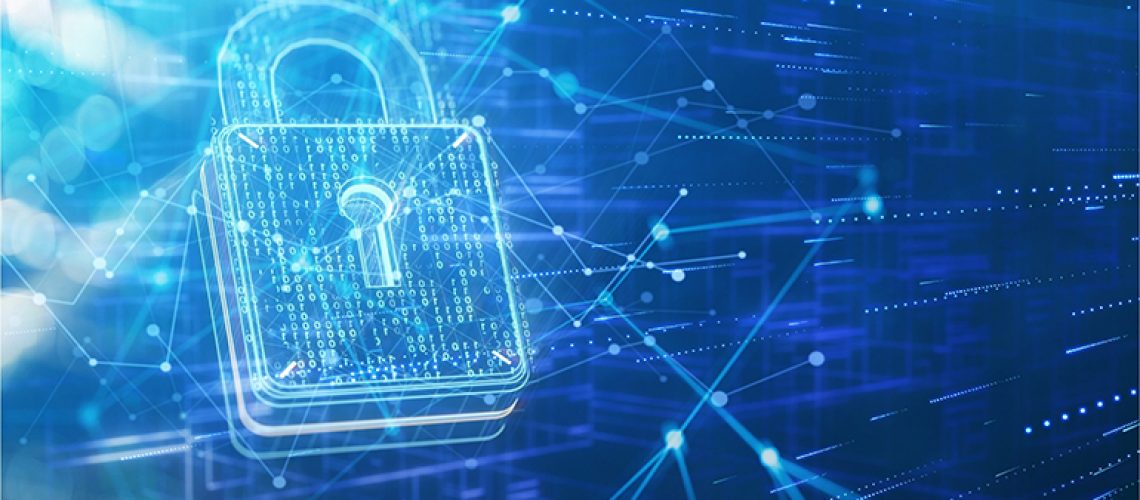 UL Solutions announced the publication of UL 2941, the Outline of Investigation (OOI) for Cybersecurity of Distributed Energy and Inverter-Based Resources. Developed in cooperation with the U.S. Department of Energy’s (DOE’s) National Renewable Energy Laboratory (NREL), UL 2941 provides testable requirements for energy storage and generation technologies on the distribution grid. UL 2941 includes requirements for photovoltaic inverters, electric vehicle chargers, wind turbines, fuel cells and other resources essential to advancing grid operations. DOE called for increased cybersecurity measures for distributed energy resources in 2022.
UL Solutions announced the publication of UL 2941, the Outline of Investigation (OOI) for Cybersecurity of Distributed Energy and Inverter-Based Resources. Developed in cooperation with the U.S. Department of Energy’s (DOE’s) National Renewable Energy Laboratory (NREL), UL 2941 provides testable requirements for energy storage and generation technologies on the distribution grid. UL 2941 includes requirements for photovoltaic inverters, electric vehicle chargers, wind turbines, fuel cells and other resources essential to advancing grid operations. DOE called for increased cybersecurity measures for distributed energy resources in 2022.
Here’s why cybersecurity is a growing concern as inverters get smarter.
These new requirements prioritize cybersecurity enhancements for power systems that deal with high penetration inverter-based resources, including those interfacing with bulk power systems for periods of instantaneous high wind, solar and hybrid/storage generation. UL 2941 will also help promote the need to have cybersecurity designed into new inverter-based resources (IBR) and distributed energy resource (DER) systems.
“Performance-based security is key to a reliable and resilient electrical grid infrastructure,” said Kenneth Boyce, senior director for principal engineering in the Industrial Group at UL Solutions. “With UL 2941, manufacturers and vendors of DER and IBR devices can utilize these new cybersecurity certification requirements to provide a unified approach that can be used as a reference for performing the testing and certification of DERs before being deployed and while in the field.”
“The publication of UL 2941 is a milestone toward securing the distributed generation industry,” said Danish Saleem, senior energy systems cybersecurity engineer at NREL. “Equipment manufacturers, asset owners, regulators and government officials now have an established baseline for strengthening the security of their devices such as network-connected IBRs, monitoring devices and parts of IBR systems that provide software-based and firmware-based controls. With support from the DOE Solar Energy Technologies Office, NREL is providing continued support to the Standard’s development, based on the Outline of Investigation, through soliciting formal industry feedback on the listed requirements, developing test procedures and performing beta testing of devices.”
UL Solutions and NREL will now begin using this OOI to perform testing of IBRs. Products complying with UL 2941 will be eligible for UL certification. This testing is intended to be an optional add-on service for IBRs, complementing UL 1741, the Standard for Inverters, Converters, Controllers and Interconnection System Equipment for Use With Distributed Energy Resources.
News item from UL Solutions



